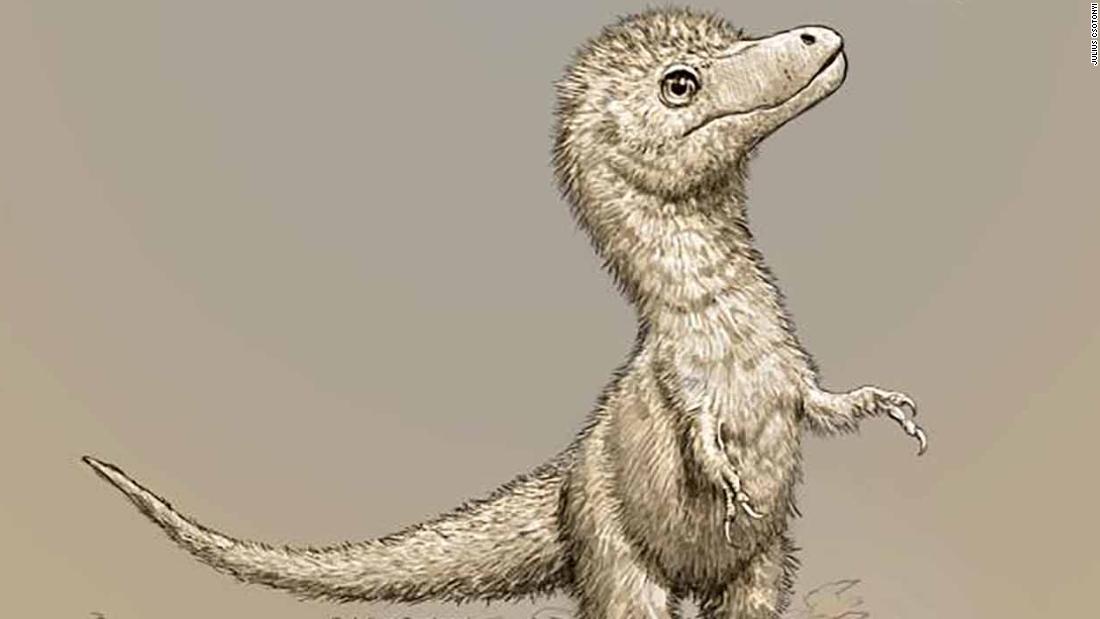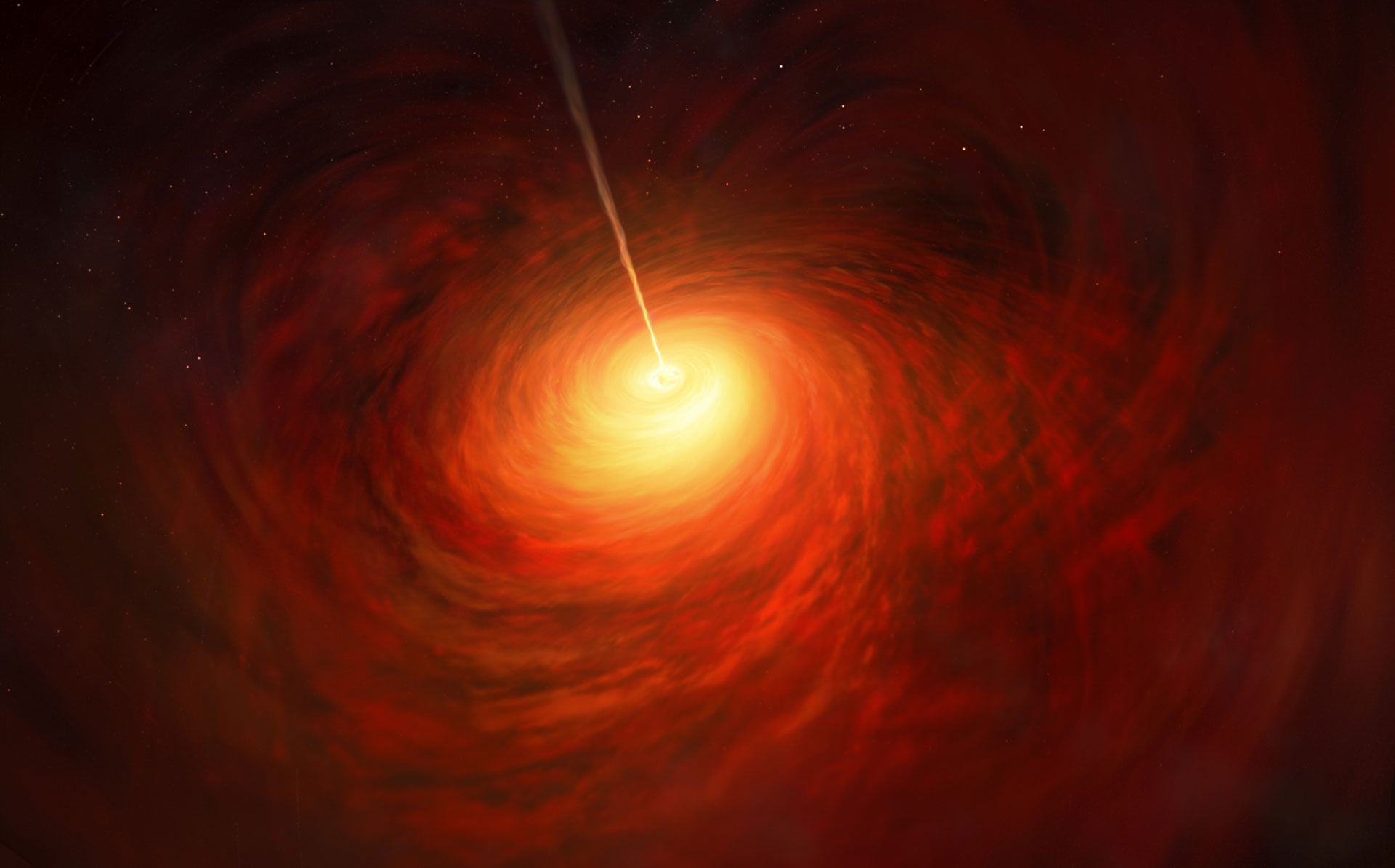A study from the University of Edinburgh, published on Monday, indicates that researchers studying the first known fossils of tyrannosaur embryos indicate that dinosaurs were about three feet long when they hatched.
A team of paleontologists studied the fossilized remains of a dinosaur embryo, namely the jawbone and claw that were found in Canada and the United States, respectively.
After conducting a 3D scan of the remains, the researchers were able to predict that the dinosaurs would have hatched from eggs about 17 inches long.
Remains of tyrannosaur eggs have not been found, but this discovery may help paleontologists to discover them in the future.
“Dinosaur babies are very rare,” lead author of the study Greg Vanston, a paleontologist at the University of Edinburgh, told CNN, explaining that larger specimens are better represented in the fossil record because their bones were more durable.
“Most of the dinosaurs did not live in an area where they could easily bury their eggs,” Funston added, making this kind of discoveries even more rare. “It’s a pretty big deal,” he said.
Claw from Albertosaurus and jawbone from Daspletosaurus, both of which could have reached about 35 feet in length.
Vanston said they were slightly younger than their more famous cousin, Tyrannosaurus Rex, who grew to 40 feet in length.
The researchers found that the jawbone, which is just over an inch long, has features characteristic of the tyrannosaurs group, including a pronounced chin.
Funston said that while tyrannosaurs are known to undergo many changes over the course of their lives, this shows that embryos did indeed have certain physical features before they hatched.
He added that the discovery could help settle the debate over whether other samples in the fossil record come from new species or smaller samples of known species.
Tyrannosaurs lived more than 70 million years ago. Little is known about their early development because most of the specimens studied are from older animals, Vanston said, but researchers now know that they were born with a full set of teeth and can hunt for themselves, albeit on smaller prey than adults.
“These were hatching animals and may have been relatively active soon after they hatched,” Funston said.
The study has been published in the Canadian Journal of Geosciences.
Funston said he plans to try to perform residual scans with higher accuracy, to enable the study of tooth growth, which could reveal how long the tyrannosaurs spent inside the eggs before hatching.

“Analitikas. Kūrėjas. Zombių fanatikas. Aistringas kelionių narkomanas. Popkultūros ekspertas. Alkoholio gerbėjas”.







